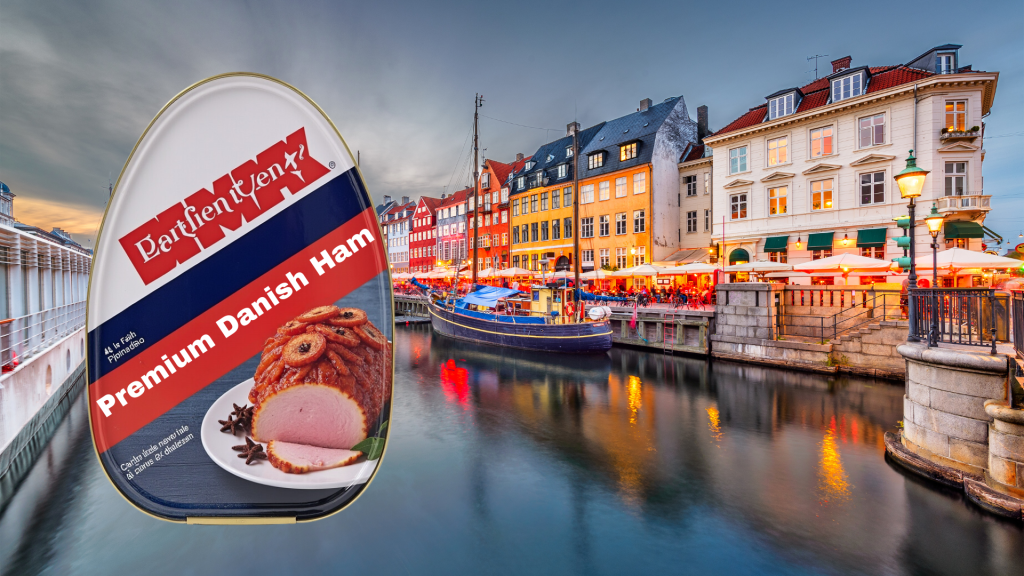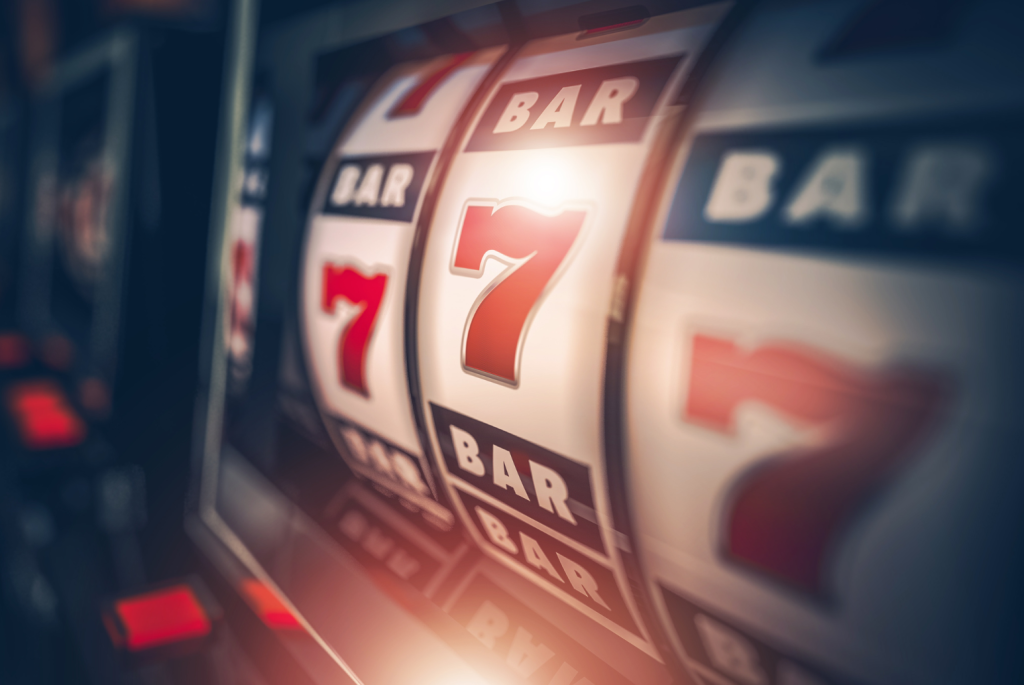
A Con in a Can: The Deceptive Allure of Quick Riches
“There is a way that appears to be right, but in the end it leads to death.” — Proverbs 14:12
How often have you pursued something that seemed perfect, only to be left feeling disappointed and empty?
When I was a kid, the idea of a ham in a can (from an exotic, faraway land like Denmark, no less) was fascinating. I think the first time I saw one was in a mail-order catalog. The photo showed a perfectly symmetrical ham, with a glossy, caramelized finish, topped with pineapple rings and cloves. It looked like a feast fit for royalty, and my imagination ran wild with the possibilities. My parents, raised in the Great Depression and steeped in frugality, never bought one, which only added to the notion that these were some alluring delicacy—perhaps the fare of a people far more aristocratic than us.
It wasn’t until years later that I finally tried one, and the experience was as disappointing as it was disillusioning. The perfectly glazed exterior gave way to a pale, slimy horror, and I realized how easily I had been fooled by appearances. It’s a lesson that reminds me of the promises the world offers us when it comes to wealth—shiny on the outside but empty and unsatisfying when we dig deeper.
Consider the spectacle of casinos. They’re monuments to greed, dressed up as temples of hope. Flashing lights, free drinks, and the constant chime of electronic sounds promise life-changing fortunes. But the reality is far different: the machines are built to separate you from your money, celebrating even the smallest wins with exaggerated fanfare, all to keep you playing until your pockets are empty.

The house always wins, and the odds were never in our favor to begin with. Early in the morning, if you walk through a casino, you’ll see weary faces and empty wallets, with the stale scent of last night’s desperation hanging in the air. Some who have spent the night losing large sums of money keep playing, desperately hoping to recover their losses, only to fall deeper into the pit of defeat. I used to tell my students that some of the casinos cost over $4 billion to build. And that money didn’t come from people going to Las Vegas and coming home richer than when they arrived. Oh, a very small number of people will experience a big windfall from a spin of the roulette wheel or the slot machine. Those kinds of wins are publicized, but what isn’t shared are the stories of the hundreds of thousands who leave the gambling town suffering significant and sometimes devastating financial losses.
Behind the dazzling facade lies a harsh truth: the promise of gain often conceals the certainty of loss.
Proverbs 13:11 warns us, “Wealth gained hastily will dwindle, but whoever gathers little by little will increase it.” The Bible is clear about the dangers of pursuing quick riches. The allure is strong, but it leads to emptiness, broken relationships, and even spiritual ruin. When we chase after money in a desperate attempt to get ahead, we end up paying a heavy price for a dream built on a lie. The warning from Proverbs 13:11 isn’t just ancient wisdom; it plays out in stories both fictional and real, reminding us that wealth gained hastily is never truly fulfilling.
The Consequences of Chasing Wealth
This theme of insatiable desire is captured perfectly in a dialogue from the movie Key Largo. In a tense moment between Frank McCloud (Humphrey Bogart) and Johnny Rocco (Edward G. Robinson), a gangster in the vein of Al Capone, Rocco is asked what he wants:
Frank McCloud: “He knows what he wants. Don’t you, Rocco?”
Johnny Rocco: “Sure!”
Frank McCloud: “What’s that?”
Frank McCloud: “Tell him, Rocco.”
Johnny Rocco: “Well, I want…”
Frank McCloud: “He wants more. Don’t you, Rocco?”
Johnny Rocco: “That’s it! More.”
Frank McCloud: “That’s right. I want more.”
Frank McCloud: “Will you ever get enough?”

Johnny Rocco: “Well, I never have.”
This exchange illustrates the emptiness of always wanting more. Rocco’s insatiable thirst for more exposes the relentless, empty chase for wealth and power—a craving that only deepens the void within. This relentless craving isn’t just a cinematic drama; it devastates real lives, as seen in the heartbreaking story of Billie Bob Harrell Jr.
Billie Bob Harrell Jr., a Texas man who won $31 million in the lottery in 1997, is a tragic example of how sudden wealth can lead to isolation, regret, and despair. Harrell, initially elated by his newfound fortune, was soon overwhelmed by the relentless demands from family and friends. His joy quickly gave way to anxiety, turning what should have been moments of celebration into a constant nightmare of pressure and strained relationships. The weight of his generosity began to feel like a burden, and the stress of it all wore him down. Despite having everything money could buy, Harrell found himself trapped in a cycle of despair, and just 20 months after his win, he took his own life. Harrell’s tragedy stands as a sobering testament to the fact that money, no matter how abundant, cannot buy true peace or fulfillment.

The tragedy of Billie Bob Harrell Jr. underscores a truth that we often forget: no amount of money can fill the void that exists in the human heart. We convince ourselves that the next raise, the next big win, or the next financial windfall will bring happiness, but it never does. Instead, we find ourselves even more desperate, chasing a dream that only leads to spiritual and emotional bankruptcy.
The allure of wealth is powerful, and it’s easy to get swept up in the promises of quick riches. But as Proverbs 14:12 warns us, the path that seems right often leads to death—not necessarily a physical death, but a spiritual one. We can end up losing our peace, our relationships, and our sense of purpose. It’s a sobering reality, yet one that can point us back to what truly matters.
In the end, it’s not the glittering promises of wealth that sustain us, but the small, faithful steps we take in the right direction. Gathering “little by little,” as Proverbs says, reflects a life built on integrity and patience—values that cannot be bought or measured by a bank account. Wealth isn’t inherently wrong, but when it becomes our ultimate goal, which is to say our god, we risk losing everything that truly makes life meaningful.
As we reflect on these stories and lessons, may we find our true fulfillment in the things that endure—love, faith, and a life lived with purpose. Only in these will we discover the deep, lasting peace that wealth, no matter how abundant, can never offer.
